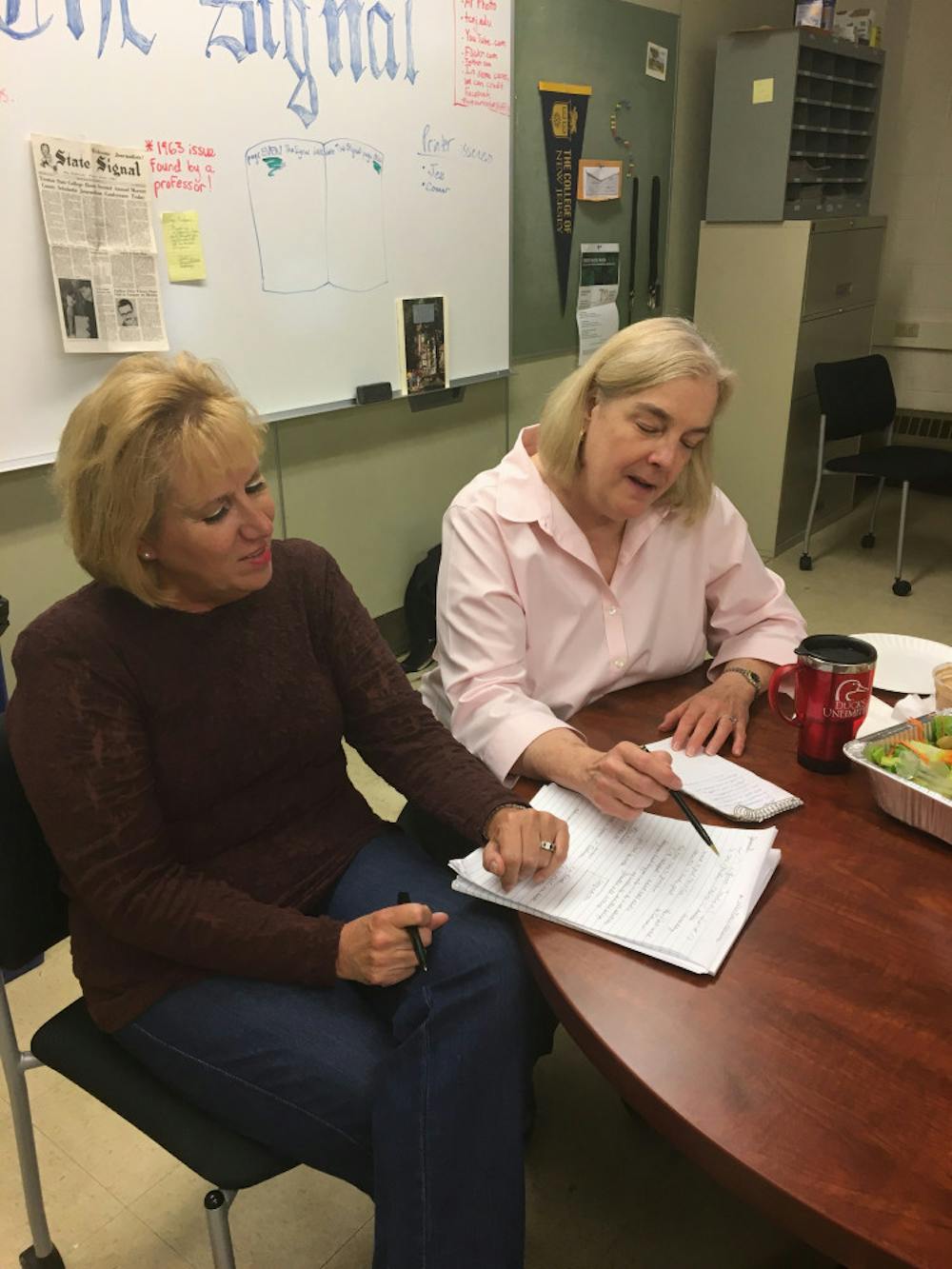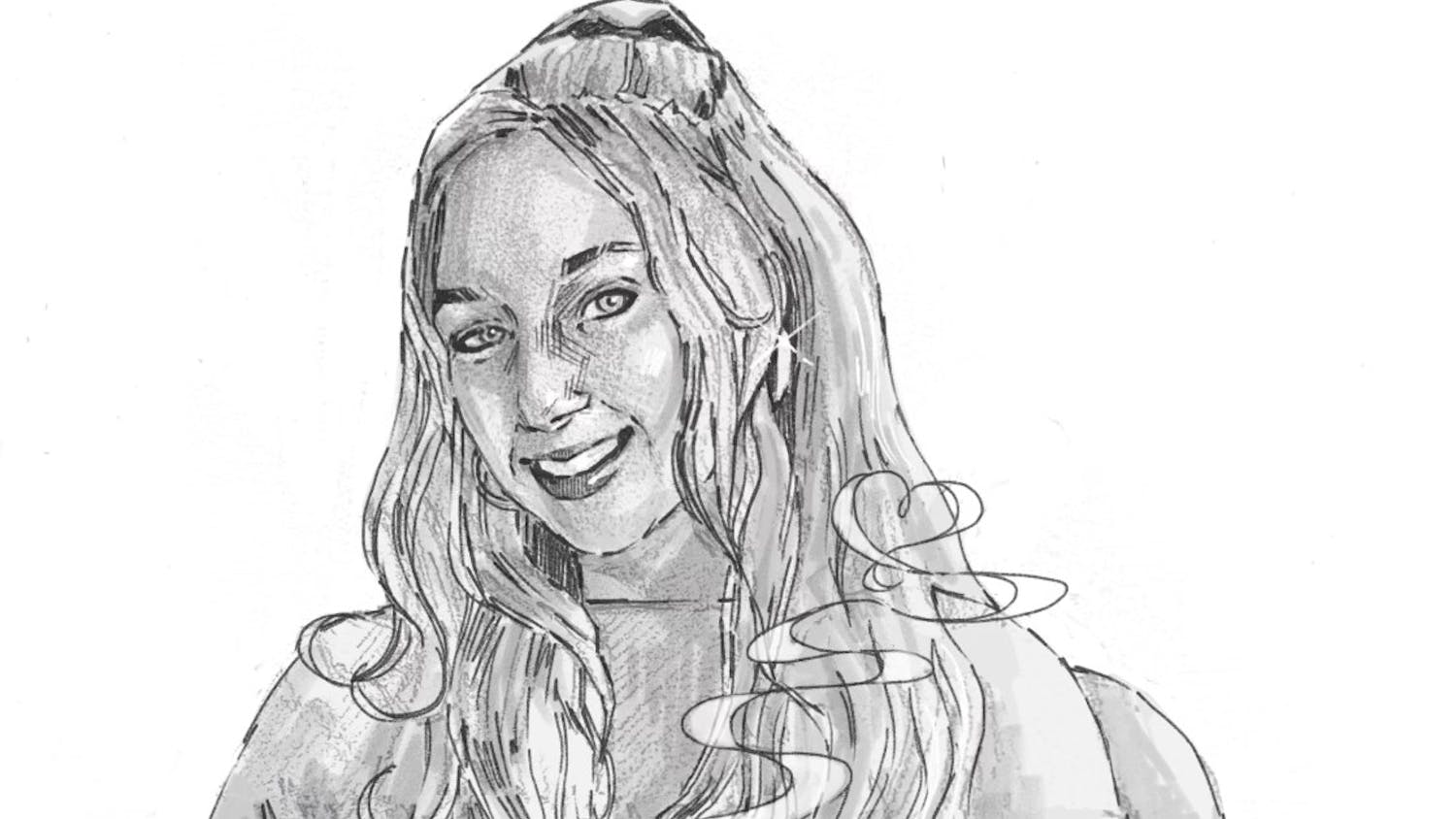By Chelsea LoCascio
Managing Editor
They are writers, researcher or speakers. They are friends of people you want to be acquainted with, or they are who you want to become. These people, the ones standing at the front of your classrooms, happily wait to bestow their real-world knowledge upon you — a bleary-eyed student counting down the minutes until you’re back in bed.
Professors at the College are accomplished, to say the least, and these achievements go widely unnoticed. To those students who come to class late every day and are the first ones out the door, no amount of studying can make up for the fact that you are failing college.
Some of the best advice I received before starting college was to try to get to know at least one of my professors each semester. The advice didn’t mean we had to be best friends, just interact with them enough for them to remember me well after the semester was over. Honestly, I set out to get to know a professor or two well enough so that they could write me a recommendation if I ever were to need one.
As a senior, I am not proud to admit that I did not start trying to figure who my professors truly are until fairly recently. I learned that like the books in the Library, these professors are invaluable resources full of endless advice and useful and humorous anecdotes, all at the fingertips of each student, but only open up to those inquisitive enough to seek out their stories.
James Queally, a journalism alumnus (’09), former Signal editor and Pulitzer Prize-winning writer, attributes his success to one of his professors during his time at the College, Donna Shaw, an associate professor and chair of the journalism and professional writing department.
“She was watching over me at The Signal (and) when applying for internships, and once talked me down from deciding to give up on journalism,” Queally said. “She did all that for me and that’s before even mentioning what she did inside the classroom. Donna was my example, but she’s just one of several at TCNJ that has to act as teacher, career counselor and therapist, and go far beyond the eight-hour work day… Professors are pretty much on-the-clock 24/7, and I feel like people outside the teaching profession don’t realize that.”
While being a professor is a full-time job, some professors have had to take on second jobs because they are no longer making enough money as a professor, according to John Krimmel, president of the College’s American Federation of Teachers Union and an associate professor of criminology.
Professors at the College have been working without a contract, which details their terms of employment, like salaries and benefits, since July 2015. This issue is not something that can be solved by the College, but rather something the professors have been trying to negotiate with the state government.
The four-year contract that started in 2011 had salary increases of 0 percent the first two years, then a 1 percent increase in the third year and a 1.75 percent increase in the fourth year, Krimmel said. He also mentioned that they now have to pay for their own healthcare, too.
Continuing to work at the College without a contract, taking on second jobs, being there for you whenever you need them — how could you not be grateful for these people? They are here to challenge, mentor and push you to be better. Not getting to know them — their stories and experiences — is not only an insult to the professors, but yourself, as well. These resources that stand before you are here for you, so take advantage of this privilege during what time you have left here.







